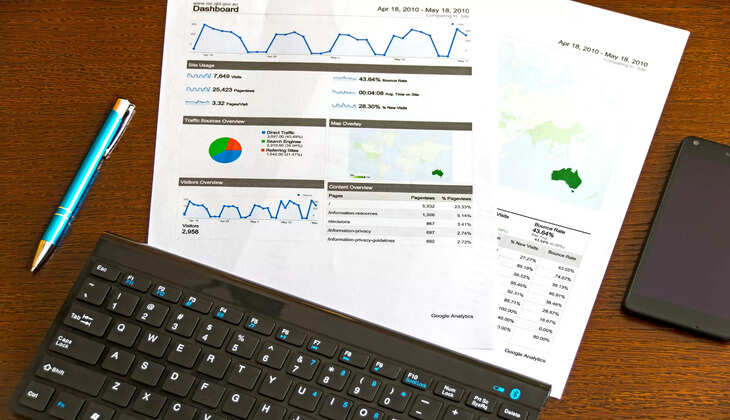How is Data Analysis helpful in Business Growth??

Data analysis is instrumental in driving business growth and success in several ways:
-
Informed Decision-Making: Data analysis provides businesses with valuable insights into customer behavior, market trends, and performance metrics. By analyzing data, businesses can make informed decisions about product development, marketing strategies, pricing, and resource allocation, leading to more effective and efficient business operations.
-
Identifying Opportunities: Data analysis helps businesses identify new opportunities for growth and expansion. By analyzing market trends, competitor data, and customer feedback, businesses can uncover emerging market segments, untapped customer needs, and areas for innovation, allowing them to capitalize on new opportunities and gain a competitive edge.
-
Optimizing Operations: Data analysis enables businesses to optimize their operations and improve efficiency. By analyzing internal processes, supply chain data, and performance metrics, businesses can identify bottlenecks, streamline workflows, and reduce costs, leading to increased productivity and profitability.
-
Enhancing Customer Experience: Data analysis allows businesses to gain insights into customer preferences, behavior, and satisfaction levels. By analyzing customer data, businesses can personalize marketing messages, tailor products and services to meet customer needs, and provide a seamless and personalized customer experience, resulting in higher customer satisfaction and loyalty.
-
Marketing Effectiveness: Data analysis plays a crucial role in evaluating the effectiveness of marketing campaigns and initiatives. By analyzing marketing data, businesses can track key performance indicators such as customer acquisition, conversion rates, and return on investment (ROI), allowing them to optimize marketing strategies, allocate resources effectively, and maximize the impact of marketing efforts.
-
Risk Management: Data analysis helps businesses identify and mitigate risks that may impact business performance and growth. By analyzing financial data, market trends, and operational metrics, businesses can identify potential risks such as economic downturns, supply chain disruptions, or regulatory changes, allowing them to implement proactive risk management strategies and safeguard against potential threats.
-
Predictive Analytics: Data analysis enables businesses to leverage predictive analytics to forecast future trends, customer behavior, and market demand. By analyzing historical data and using advanced analytics techniques such as machine learning and predictive modeling, businesses can anticipate future opportunities and challenges, allowing them to adapt their strategies and stay ahead of the competition.
Overall, data analysis is a powerful tool for driving business growth and success by providing businesses with actionable insights, enabling informed decision-making, and facilitating strategic planning and execution. By harnessing the power of data, businesses can unlock new opportunities, optimize performance, and achieve sustainable growth in today's competitive business landscape.
